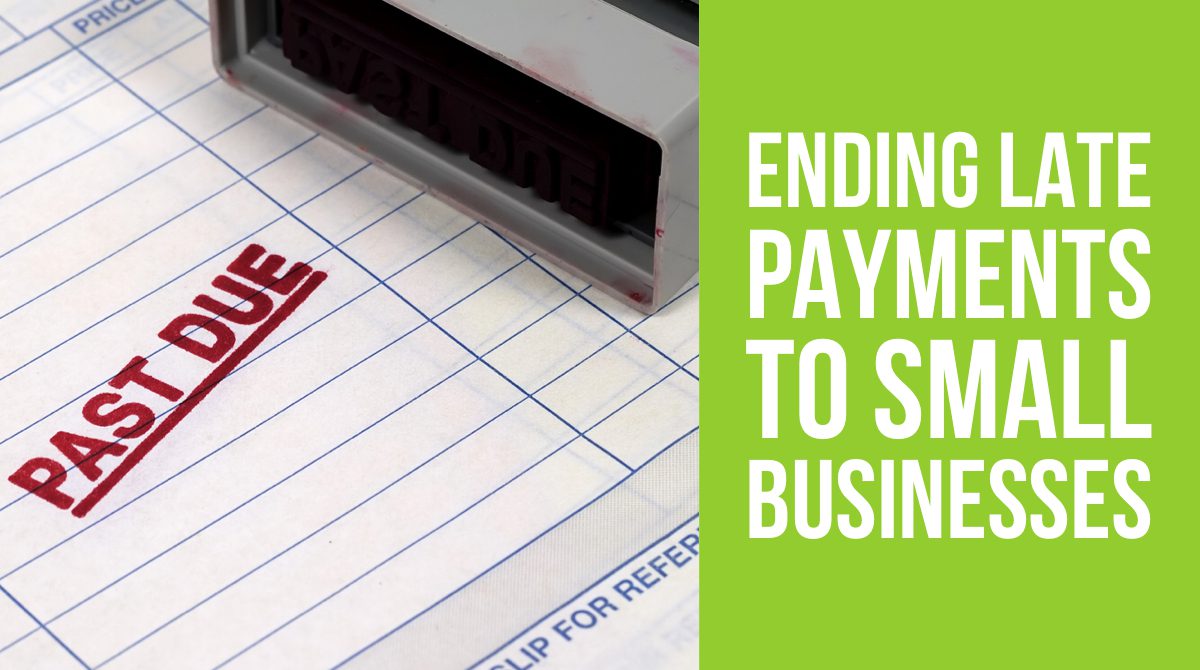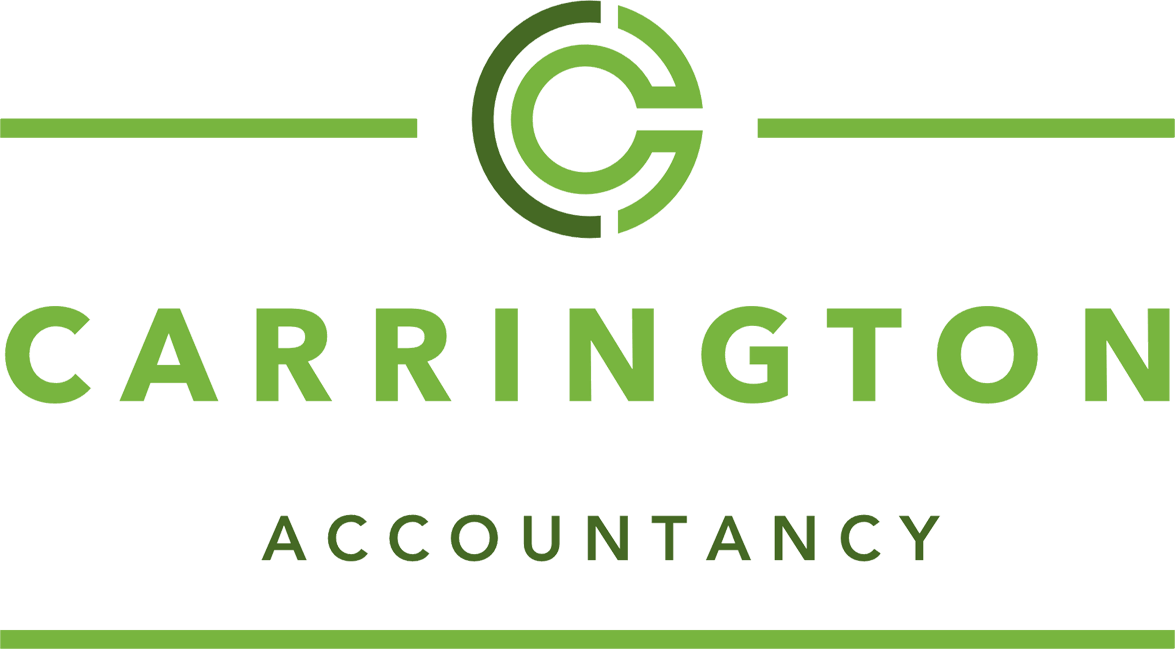Business News

Ending Late Payments to Small Businesses
24/07/2019
Over the last few years, the Government has made various announcements about curtailing the practice of late payments to small businesses.
Back in March, the Chancellor announced as part of his Spring Statement, a crackdown on this practice that causes over 50,000 SME’s to go out of business every year. On June 19th, the Minister for Small Business, Kelly Tolhurst, finally unveiled a new package of measures she says will ‘end the unacceptable culture of late payment’. Her proposals include introducing new powers for the small business commissioner and holding boards to account for their practices.
According to the Federation of Small Businesses (FSB) it is estimated that 97% of businesses have been paid late at some time and the problem tends to disproportionally affect small firms. Mike Cherry, the FSB’s national chairman, called the new proposals a ‘victory for small businesses’ and added ‘Everyone deserves to be paid on time when they have done the work and provided the goods and services requested.’
The Government has said that it will consult on introducing further new powers for the small business commissioner. These would include the power to enforce information requests and disclosure of payment terms and practices, and to impose binding payment plans or financial penalties on larger business that pay late. A new legislation has also been proposed to allow for the prosecution of large businesses that do not comply with an existing requirement to report their payment practices twice a year.
What can a small business do now?
Although the proposed measures are a positive step there are a few things that small businesses can do now to help combat late payments:
- You can claim interest and debt recovery costs if a business transaction is made 60 days or more later than the payment date. The payment date will be the one you agree with your customer. If you didn’t agree one, it will be set at 30 days after the customer receives the invoice or your deliver the goods – whichever is later.
- You can charge statutory interest on late payments. This is a rate of 8% plus the Bank of England base rate.
- You can also claim debt recovery costs of £40 for debts of up to £999.99, £70 for debts between £1,000 and £9,999.99 or £100 if you are owed £10,000 or more.
Don’t forget to agree payment terms in advance before starting any work and include your terms in your invoice. Make sure your invoices are very clear and send them out promptly after you have completed the work. Don’t forget to follow-up any unpaid invoices with your clients and remind them to make their payment to you.






